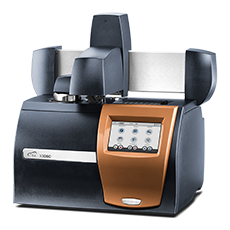Microcalorimetry for the Biophysical Characterization of Macromolecules
Biological macromolecules are fundamental components of every cell and are therefore essential for all life. These vital molecules are categorized into four major classes: carbohydrates, lipids, proteins, and nucleic acids. Characterizing biological macromolecules is important for understanding their functions and relationships, which empowers the development of new therapies and treatments. Under this branch of macromolecule research, biotherapeutic drug therapy focuses on macromolecular interactions which can lead to disease and/or cell death.
Details




